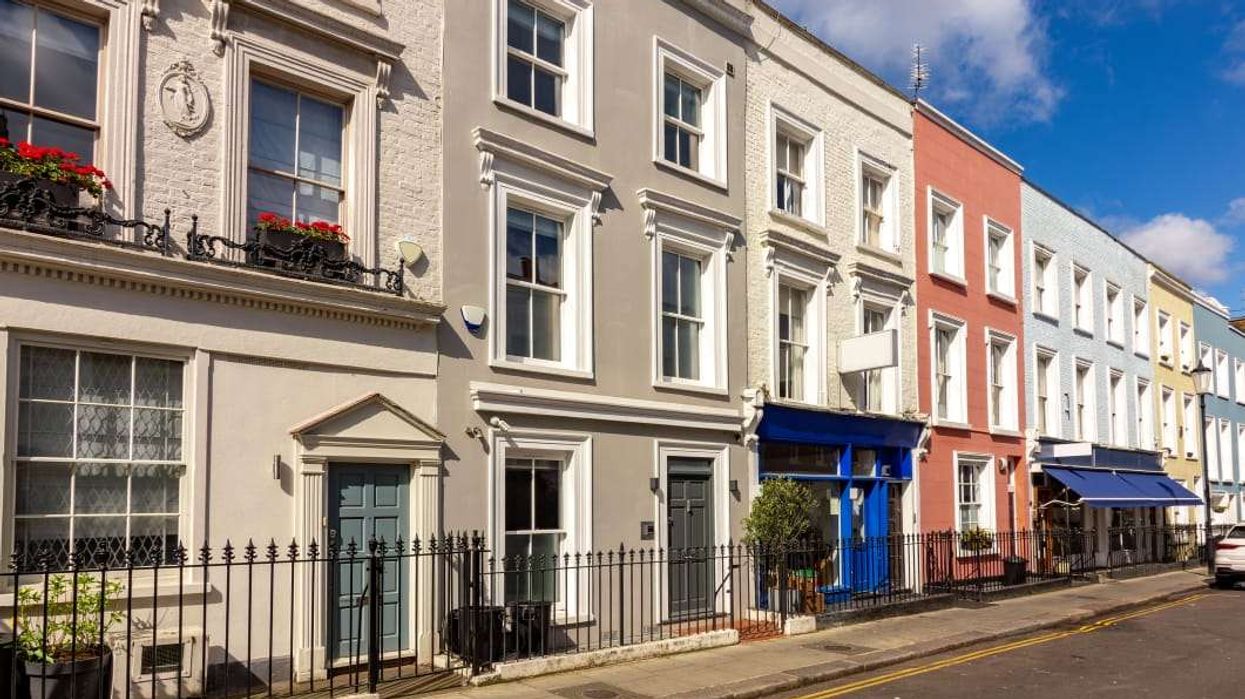Highlights
- Average asking prices dropped 1.8 per cent (£6,589) in November to £364,833 the steepest fall for this time of year since 2012.
- High-value properties hit hardest, with sales of homes over £2 m plunging 13 per cent year-on-year.
- Mortgage lending growth forecast to slow from 3.2 per cent to 2.8 per cent in 2026 as affordability pressures mount.
Britain's housing market has hit the brakes ahead of the November (26) budget, with property asking prices recording their sharpest November decline in 13 years, according to data from Rightmove.
The average price tag on newly listed homes fell by 1.8 per cent (£6,589) to £364,833 last month significantly steeper than the typical 1.1 per cent November dip seen over the past decade. The slowdown reflects mounting anxiety about potential tax changes in chancellor Rachel Reeves's upcoming fiscal statement.
Market watchers, including property expert Kirstie Allsopp, have warned that buyers are 'in a panic' about possible stamp duty reforms and are choosing to 'sit tight' until budget details emerge.
Market dynamics shift
Rightmove's figures reveal 34 per cent of properties currently on the market have reduced their asking prices, implementing average cuts of 7 per cent, the highest levels since February 2024. The uncertainty has particularly dampened demand for premium properties, while homes priced under £500,000 have proven more resilient.
Despite the current malaise, annual sales figures remain encouraging, running 4 per cent ahead of 2024 levels.
Colleen Babcock, Rightmove's property expert, told Reuters that the budget is a big distraction, and is later in the year than usual.
It appears that the usual lull we'd see around Christmas time has arrived early this year, and sellers who are keen to move are having to work especially hard to entice buyers with competitive pricing, she added.
Looking ahead, mortgage lending growth is projected to ease from 3.2 per cent this year to 2.8 per cent in 2026, according to EY Item Club forecasts, as stretched affordability and squeezed real incomes temper housing demand, though analysts expect the dip to prove temporary.





